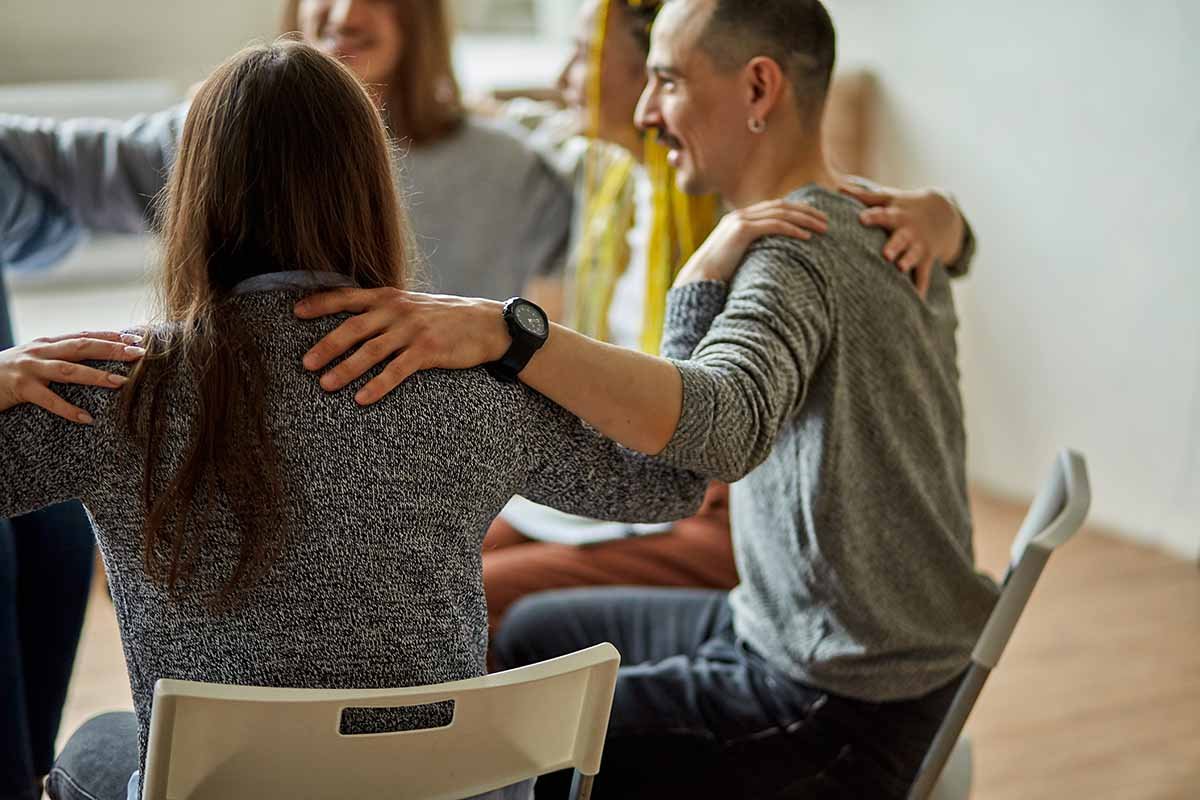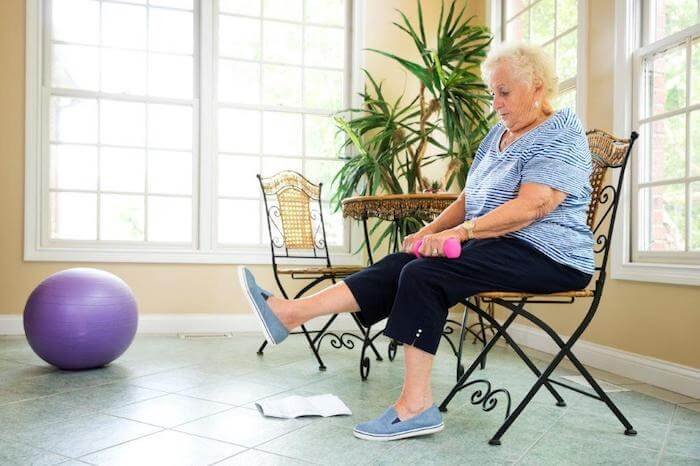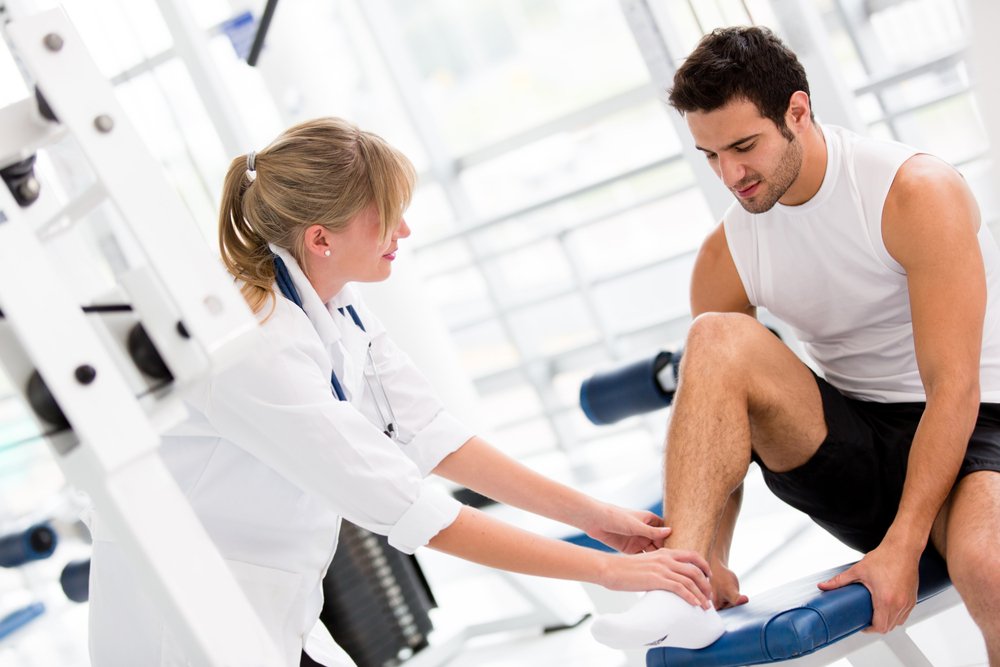Addiction recovery is a transformative journey that requires determination, support, and structured rehabilitation. With the right program, individuals can break free from substance dependence and regain control over their lives.
Understanding Addiction Rehabilitation
Rehabilitation is a comprehensive process designed to help individuals overcome physical, emotional, and psychological dependencies on substances like alcohol, drugs, or prescription medications.
Key Objectives of Rehabilitation:
- Address the root causes of addiction.
- Provide tools for coping with cravings and triggers.
- Equip individuals with skills for maintaining long-term sobriety.
Steps in Addiction Recovery Rehabilitation
- Acknowledging the Problem
The journey begins when individuals recognize their addiction and commit to seeking help. This self-awareness is critical for success. - Detoxification (Detox)
- Purpose: Remove harmful substances from the body.
- Process: Under medical supervision, individuals manage withdrawal symptoms safely.
- Duration: Detox typically lasts from a few days to a week, depending on the substance.
- Therapeutic Interventions
- Individual Therapy: Focus on understanding personal triggers and developing coping mechanisms.
- Group Therapy: Share experiences and build a support network.
- Family Therapy: Address family dynamics and foster a supportive home environment.
- Behavioral Therapies
- Cognitive Behavioral Therapy (CBT) to reframe negative thought patterns.
- Dialectical Behavior Therapy (DBT) to enhance emotional regulation.
- Life Skills Training
- Teaching time management, financial planning, and stress management.
- Vocational training to prepare for re-entering the workforce.
- Holistic Approaches
- Yoga, meditation, and art therapy for overall well-being.
- Physical exercise to improve mood and health.
- Aftercare Planning
- Establishing a relapse prevention plan.
- Connecting with ongoing support groups like Alcoholics Anonymous (AA) or Narcotics Anonymous (NA).
Benefits of Addiction Rehabilitation
- Improved Physical Health: Detoxification and a healthier lifestyle rejuvenate the body.
- Emotional Stability: Therapy helps individuals understand and manage their emotions.
- Rebuilt Relationships: Therapy and support rebuild trust and connection with loved ones.
- Increased Independence: Gain the confidence to lead a substance-free life.
- Lasting Sobriety: Ongoing support ensures individuals remain on the path of recovery.

Choosing the Right Rehabilitation Program
- Inpatient Programs: Provide 24/7 care in a structured environment.
- Outpatient Programs: Allow individuals to receive treatment while continuing daily responsibilities.
- Specialized Programs: Tailored to specific groups, such as teenagers, women, or professionals.
The Role of Support Systems
Recovery is more successful with strong support from family, friends, and community resources. Encouragement and understanding from loved ones are invaluable during and after rehabilitation.
Conclusion
Rehabilitation for addiction recovery is a life-changing process that offers hope, healing, and a fresh start. By following structured steps and leveraging the right support systems, individuals can break free from addiction and build a fulfilling, substance-free future. If you or someone you know is battling addiction, seeking professional help is the first step toward a brighter tomorrow.











